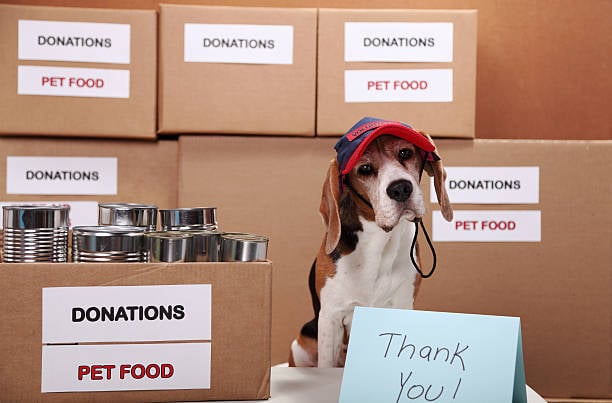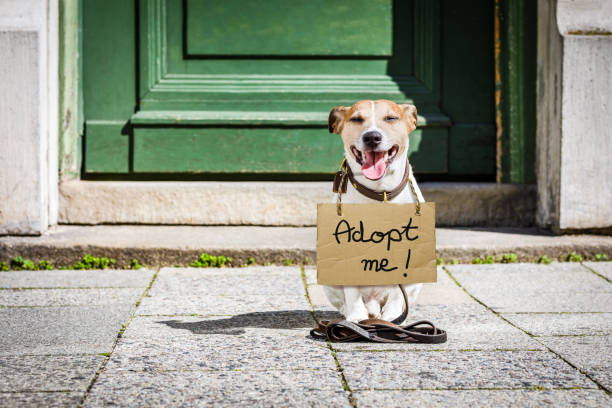For pet-care businesses, hosting a charity event dedicated to animal welfare is a meaningful way to give back to the community, raise awareness about important issues, and engage with clients on a deeper level. These events not only support a worthy cause but also enhance your business's reputation and build strong community ties. This blog post provides a step-by-step guide to planning and executing a successful charity event for animal welfare, ensuring that your efforts make a significant impact.
Why Host a Charity Event for Animal Welfare?

1. Community Engagement:
- Building Relationships: Charity events create opportunities to connect with local pet owners, animal lovers, and other businesses, fostering a sense of community.
- Positive Impact: Demonstrating your commitment to animal welfare can enhance your business's image and build trust among clients.
2. Raising Awareness:
- Educating the Public: Events can spotlight critical issues affecting animals, such as adoption needs, spaying/neutering programs, and animal rights.
- Inspiring Action: By raising awareness, you can inspire others to get involved, whether through donations, volunteering, or adopting pets.
3. Supporting a Good Cause:
- Fundraising: Events can raise significant funds for animal shelters, rescue organizations, and other animal welfare initiatives.
- Resource Collection: In addition to monetary donations, events can gather essential supplies like food, toys, and bedding for animals in need.
Steps to Hosting a Successful Charity Event

1. Define Your Goals and Cause:
- Set Clear Objectives: Determine what you want to achieve, whether it's raising a specific amount of money, collecting supplies, or increasing awareness about an issue.
- Choose a Cause: Select a cause that resonates with your business values and the interests of your community. Partnering with a local animal shelter or rescue organization can provide focus and credibility.
2. Plan the Event Details:
- Event Type: Decide on the type of event that best suits your goals. Options include adoption fairs, pet-friendly runs/walks, silent auctions, grooming sessions, or educational workshops.
- Venue: Choose a suitable location that can accommodate your expected turnout. Outdoor parks, community centers, and even your own facility can be excellent options.
- Date and Time: Schedule the event at a time that maximizes participation, such as on weekends or during community festivals.
3. Fundraising Strategy:
- Ticket Sales: Charge an entry fee or suggest a donation amount for participation.
- Sponsorships: Partner with local businesses to sponsor the event. They can provide financial support or donate goods/services in exchange for promotional opportunities.
- Merchandise and Services: During the event, sell branded merchandise or offer discounted services (like grooming), with proceeds going to the cause.
- Online Fundraising: Set up an online donation platform for those who cannot attend but still want to contribute.
4. Promote the Event:
- Marketing Materials: Create flyers, posters, and digital graphics to promote the event. Highlight the cause, activities, and benefits of participating.
- Social Media: Use your social media platforms to spread the word. Share posts, stories, and updates leading up to the event, and encourage your followers to share as well.
- Local Media: Reach out to local newspapers, radio stations, and community blogs to cover the event. A press release can help generate media interest.
5. Prepare for the Day:
- Volunteers: Recruit and train volunteers to help with various tasks, from registration to managing activities.
- Setup: Ensure all logistics are in place, including seating, sound systems, signage, and necessary supplies.
- Safety: Ensure the event is safe for both pets and people. Have a first aid kit on hand and clear guidelines for pet behavior.
6. Engage Participants:
- Interactive Activities: Plan engaging activities such as pet contests, training demonstrations, and meet-and-greets with animals up for adoption.
- Educational Booths: Set up booths with information about animal care, welfare issues, and ways to get involved.
- Guest Speakers: Invite local veterinarians, animal behaviorists, and rescue workers to speak about their work and the importance of animal welfare.
7. Follow Up:
- Thank You Notes: Send personalized thank you notes to participants, sponsors, and volunteers. Express your gratitude and highlight the event's success.
- Share Success Stories: Post photos and stories from the event on your website and social media. Highlight the impact of the funds raised and any positive outcomes, such as adoptions or donations received.
- Evaluate: Review the event's successes and areas for improvement. Gather feedback from participants and volunteers to improve future events.
Hosting a charity event for animal welfare is a powerful way for pet-care businesses to give back to the community, raise awareness, and build meaningful relationships with clients and local organizations. By following these steps and focusing on a cause that resonates with your values and community, you can create an impactful and memorable event. Together, we can make a difference in the lives of animals and promote a culture of compassion and care.
Subscribe to the Gingr Blog






